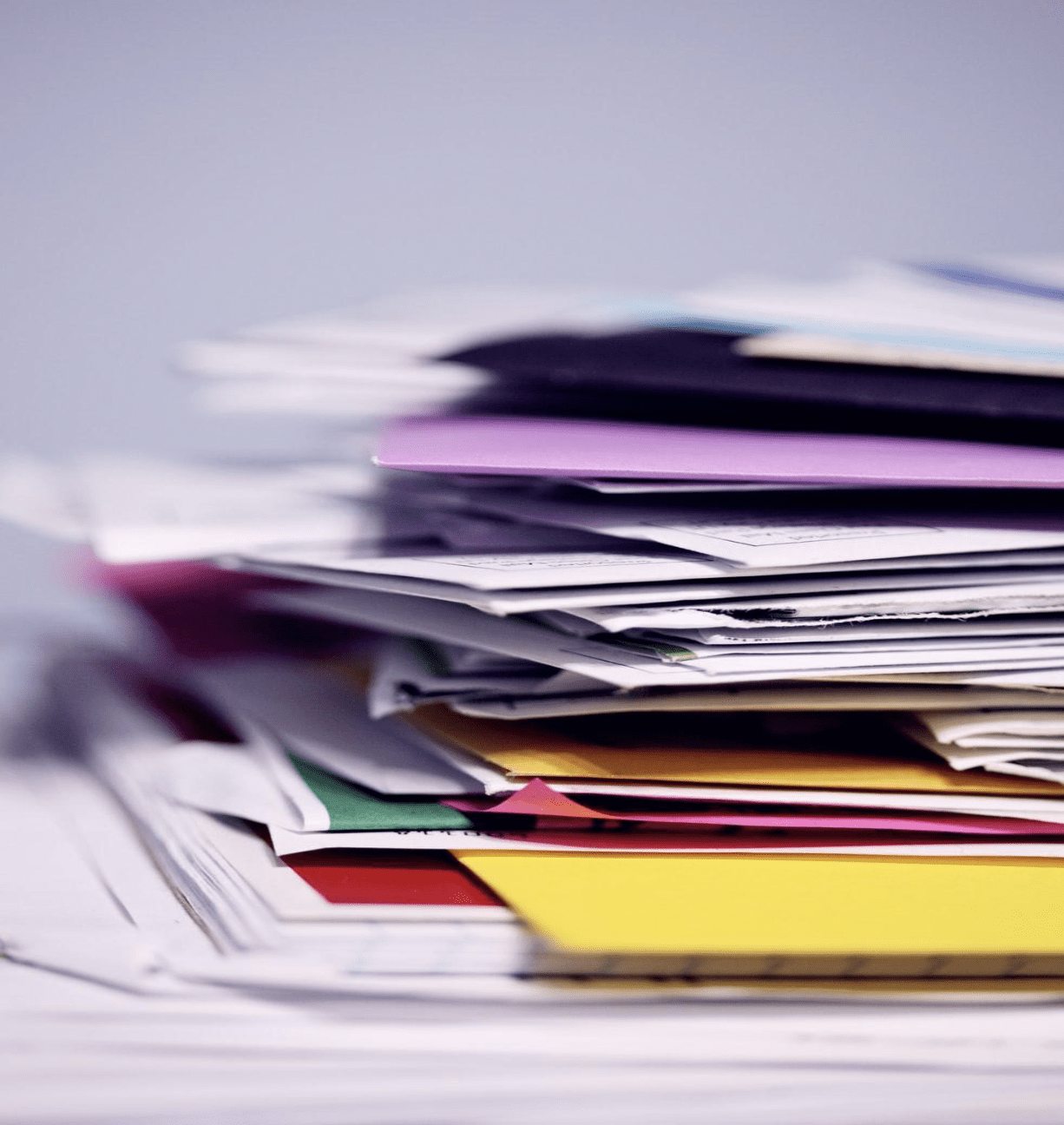Even if you dread tax day, you know you have to file you returns right and on time. Filing the correct tax returns can help you pass the dreaded tax audit, which saves you lots of money in litigations. Below are the mistakes you are making that could get you shortlisted for an audit.
- Failure to file returns because of lack of money
Even if you do not have money to pay your returns, you should file them. If you have questions, you can have a credentialed tax expert assist you online without having to leave your home in New York City or wherever you live in the United States. Failure to pay tax and failure to file returns are two separate offenses. Once you submit your returns, you can make payments in many ways. One of these is through an installment agreement, applying for an offer in compromise, or delay paying temporarily. Let the IRS know whichever mode of payment works for you. Pay as much as you can when you file the returns because the IRS will assess penalties and charge interest based on the amount you have not paid.
- Paying your tax from a high-interest credit card
If you have to borrow money to pay tax, do not use a high-interest loan. Compare different interest rates, including those from banks and credit unions before you settle on which debt option to use. When you obtain a loan, try to repay it as soon as possible. If the need calls, you, may have to put aside money each month into a savings account to cater to interest.
- Misplacing or disposing of your receipts and other documentation
The importance of keeping records of all your transactions and payments cannot be over-emphasized. For example, you should record any donation, including a credit card or bank statement, a written statement, or a cheque to a charitable institution. The record must show the date and amount of the contribution and the name of the charity. Donations are allowable for tax deductions, but you have to prove them.
If you donate in kind, the IRS will only allow a deduction if the items are in good condition. You are, however, entitled to claim a deduction for items appraised for over $500 even if they are not in perfect condition.
You should also keep records of your tax returns or documents. Make a copy of every signed return and have a neat record for them. These documents are useful in the case where the IRS sends you a notice that they are missing a document or some information. You can provide the information requested.
- Failure to double-check your entries before you file
Always double-check the information you enter. This includes signatures, names, contacts, and tax document information.
- Reporting false information to avoid paying your dues or to get a bigger refund
Do not report non-existent income or tax credits you do not qualify for. Not only is this a waste of time, but it is also a crime. You could eventually get flagged off and end up paying a hefty tax bill. You will also find it difficult to get obtain refunds, not to mention that it increases your audit risk. Avoid these honest mistakes as well.
- Last-minute filing
Last-minute filing leaves lots of room for errors as you are rushing to meet the deadline. Organize your documents throughout the year and have them ready months before the filing deadline. The timely filing also allows you sufficient time to double-check your personal information for correctness before submitting the document.
If you have filed for a six-month extension, use the time wisely to get your documents in order as you figure out how you will pay the tax. Even with an extension, you will still pay the tax due to the standard required time.
Know how to pay your taxes
There are several effective ways you can pay your tax dues. You can make a direct bank transfer when you have filed your returns online through e-filing. You only need to submit your bank account information and then put in a PIN to complete the transaction. You can also use a cheque or money order. Alternatively, you can pay your taxes online using a credit or debit card.
Filing the correct tax returns is crucial. Take the necessary measures to ensure you file your returns on time.







